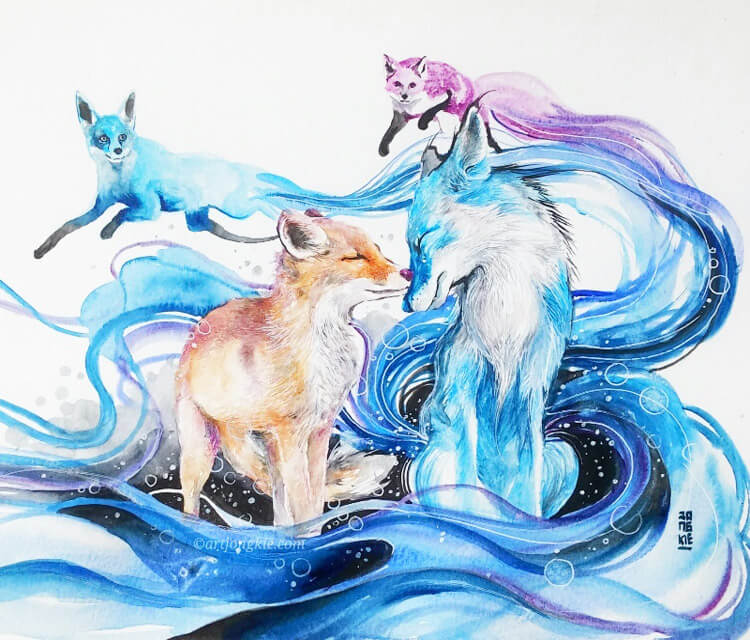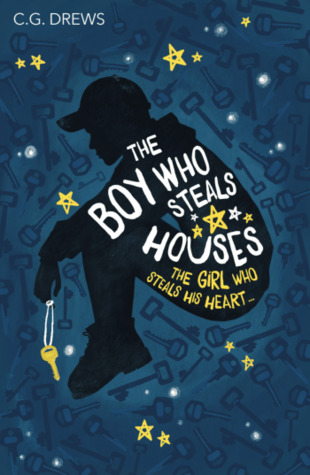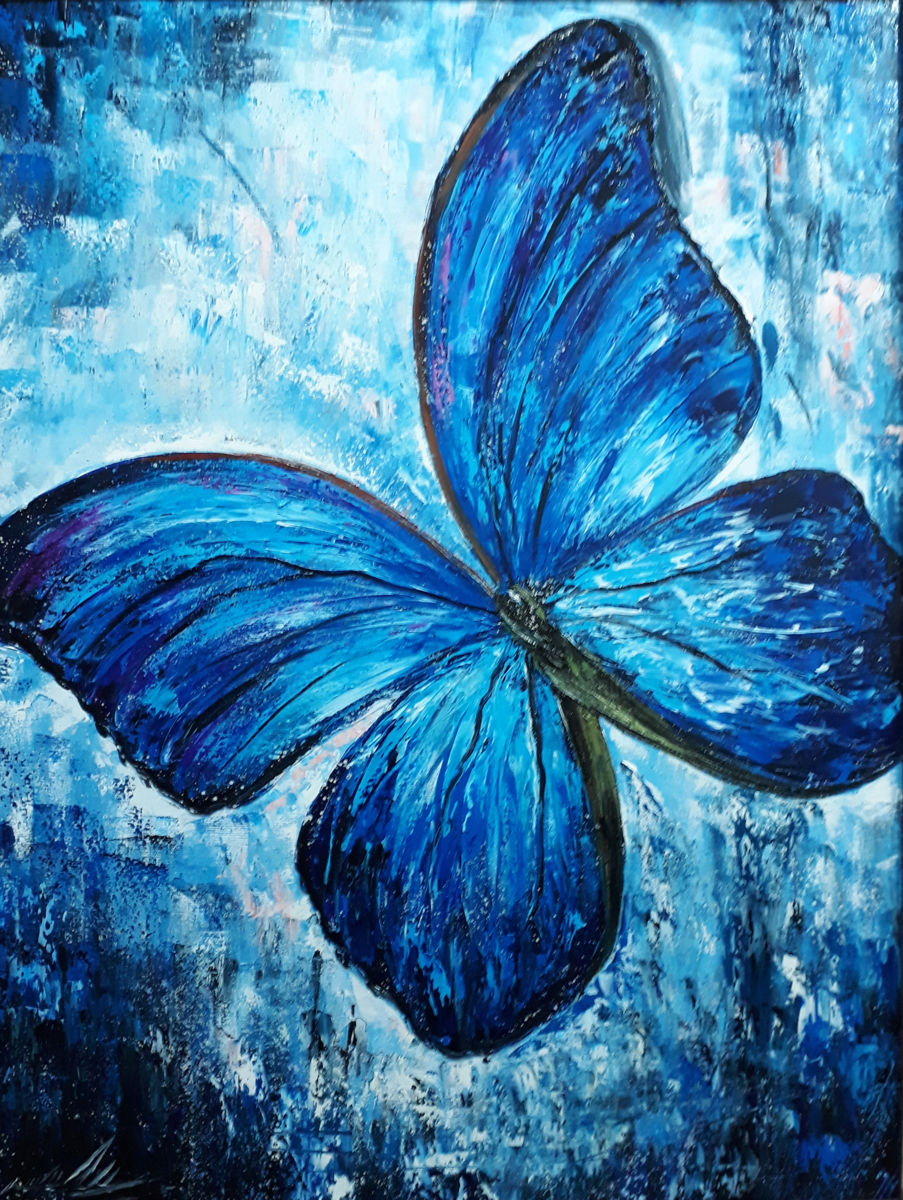
Good morning, everyone! Nothing like not getting this post out until we’re halfway through the month in question! Honestly, though, I really wasn’t sure what to blog about — I mean, specifically — when it came to Autism Awareness this year. A lot of the issues surrounding this campaign are difficult to navigate when you are autistic, mostly because the ideas behind “autism awareness” actually come from organizations that support “curing” autism, rather than seeking to educate the general population and encourage acceptance. So, those of us who are on the spectrum — and see no need for the way we think, perceive the world, experience life, and express our own personalities to be “cured” — have been trying to take back this month, and that often means putting ourselves in a spotlight that we’d rather avoid.
We like peace and quiet, and not just admitting the need for the spotlight but bringing it to our places of sanctuary — like one moth’s little corner of the blogisphere where she prefers to rant and rave about books and movies — can be frightening. But it’s also necessary, since we’re going to continue being autistic when April ends, and encouraging acceptance of a lifelong condition, unfortunately, takes time, and requires repeating oneself.
This June, I’m going to be holding a workshop for writers and readers on how to effectively portray characters with disabilities — meaning a realistic depiction of someone who traditionally in literature would be misunderstood or deliberately set up to be unlikable to prove how terrible a certain disorder or condition is. (Massive insert of disapproval here.) Sadly, it’s only been in the last couple of decades that many industries — publishing included — have realized that there’s nothing wrong with using one’s commercial reach to try to alter public misconceptions for no reason other than helping people care for one another. Luckily, this finally has started to include publishing marginalized authors who are actually allowed to exist on their platform as disabled, without needing to profess their desire to be cured of whatever, and to honestly share stories that reflect our real life experiences and connect with those who relate personally, while still educating those who don’t. But, this is still considered a “niche” of the industry, and has a long way to go to achieve its real mission.
When I applied to participate in a regional literary festival, this was my goal — I wanted to find a way to discuss a topic that is important to me, that needs more understanding among writers and readers, without feeling like I was “selling out” or catering to the current bandwagon of “it’s cool to have a disabled character right now!” Because, as already mentioned, disabilities are not fleeting, not a passing phase for those of us who were born with something physical or neurological that we will have to handle every single day forever. So we as authors, editors, and publishers need to create characters that inform and benefit society, so they need to be grounded in reality and based on facts — and readers should demand characters who are accurate and not designed for fake drama only.

In my cozy fantasy series, I have two autistic characters, and since they’re both based on my own experiences on the spectrum, they’re both certainly realistic, and I’ve painted them in an empathetic light. I show them as humans, with loved ones, responsibilities, interests; and challenges unique to autists, such as heightened sensory intake, not feeling accepted by others, and the external pressure to “adapt” or “fit in.” In this instance, both these characters also happen to have magical powers — but their powers do not cure their autism. They still struggle to live in a world that’s too loud, too crowded, too confusing for them.
So, I’ve hit my major talking points on the topic with my characters: They’re not part of a bandwagon, they’re realistic, they accept themselves as they are. Since this is the one biggest thing I see all the time among online communities of autistic individuals, it’s part of what I want to always include: We don’t need to be cured of being autistic. We need people not to care that we’re different from them. We need people not to want us to change. We need to hear that we’re valid — even when the sun is too bright, no matter that the birds are too loud today, in spite of the fact wool is too woolly.
The sad fact is that, even in the 21st century, acceptance is still as much of a struggle as when there’s too much stimulation. But the latter we can try to eliminate. And if there’s anything that does need a cure, it’s intolerance.
I’m taking a big chance by appearing in front of people and discussing why they should make sure their character can’t take the subway or look at a neon green wall or refuses to eat jam without making it a joke. But it’s important to, and since I am a crusader for acceptance, I will be doing my very level best to carry this out.

So, this April, as every April, I do want my readers, and my community, to remember this: True inclusion means including all sorts of people, no matter how different from each other they may be. True acceptance means recognizing someone’s limitations and boundaries and not trying to change them. True love means not seeing a physical condition, a learning disorder, or a chronic illness as something that makes a person unlovable.
Becoming more tolerant of coping mechanisms you don’t use yourself or understand the need for makes you a stronger, more caring person. Letting people avoid places or events that you couldn’t give up means you’re validating their needs. Helping someone with tasks you find simple, without expressing judgment, means you’re showing compassion and kindness.
Trying to make sure there are no more autistic people won’t make the world a better place.
Trying to make the world a more welcoming place for those of us who happen to be autistic will.




































